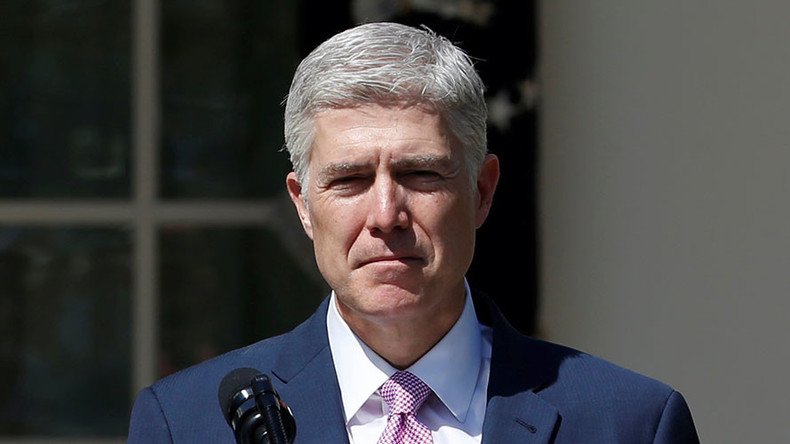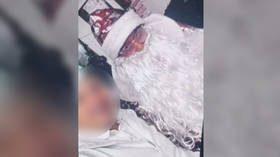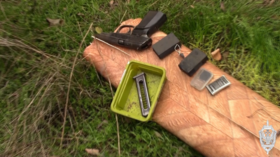On Day 1 as Supreme Court justice, Gorsuch has many questions

If his first day on the job is anything to judge by, Justice Neil Gorsuch intends to ask a lot of questions and focus on the law as written.
President Donald Trump nominated Gorsuch to fill the vacancy left by the passing of Justice Antonin Scalia 14 months ago. When Democrats sought to block the appointment of the self-described originalist by filibustering, the Republican majority had him confirmed via “nuclear option,” with 54 votes in favor and 45 opposed.
On Monday, a week after taking his oath of office, Gorsuch took his seat on the Supreme Court, on the far left of the chief justice – or the far right, from the viewpoint of the petitioners.
Chief Justice John Roberts welcomed Gorsuch and wished him a “long and happy career in our common calling.”
Gorsuch gets some laughs – and answers – at his first Supreme Court oral argument https://t.co/PGMnIHFHDz
— Anita Kumar (@anitakumar01) April 17, 2017
The court was hearing oral arguments in three cases, starting with a highly technical labor dispute pitting a US Census Bureau worker against the Merit Systems Protection Board. Gorsuch waited only seven minutes before asking his first question, and following four of his more senior colleagues, according to a correspondent for McClatchy.
"Wouldn't it be a lot easier if we followed the plain text of the statute? What am I missing?" Gorsuch asked government lawyer Brian Fletcher at one point. When Fletcher offered to explain reasons for his interpretation, Gorsuch interrupted.
“Not reasons. Where in the language?” he said, referring to the actual statute.
At this point, Justice Samuel Alito stole the show, lamenting that the statute itself was so obtuse that only a lawyer might possibly be able to understand it.
“Who wrote this statute? Someone who takes pleasure in taking the wings off flies?” Alito asked, to laughter from the gallery.
I know #SCOUTS today was all about #Gorsuch, but this line from Justice Alito deserves some attention too pic.twitter.com/Jdxo7GNX1P
— Timothy Ryan (@tjryan93) April 17, 2017
Gorsuch’s exchange with Fletcher and the plaintiff’s attorney Christopher Landau took up over 10 minutes of the hour-long hearing. At one point the junior justice even apologized “for taking up so much time,” before he pressed on.
“I think I am maybe emphatically agreeing with you,” Landau said after one exchange with Gorsuch.
“I hope so,” Gorsuch cut in.
At another point, however, when Landau argued that his client was not asking the court to establish a precedent, Gorsuch interjected with, “No, just continue to make it up.”
Silent no more: Justice #ClarenceThomas asks question, breaks 10-year SCOTUS streakhttps://t.co/QxjYECB6wDpic.twitter.com/Mtkl7GM3E6
— RT America (@RT_America) February 29, 2016
While it is unusual for junior justices to ask so many questions during oral arguments, the court does not have strict rules on questioning. Justice Clarence Thomas, for example, has long declined to ask any questions during oral arguments, preferring to let the attorneys lay out their case. He broke with the decade-long practice only once, in February 2016 – after the passing of Justice Scalia.
The junior justice on the Supreme Court has a number of duties designed to serve as a reminder of their status as well as help them get accustomed to the job. For example, Gorsuch will take over the court’s internal Cafeteria Committee, dealing with the vexing questions of food service in the building. Another of his duties will be to answer the door when the justices meet for their weekly closed-door conferences, and keep notes at the conferences. He will also vote last when the cases are decided.











